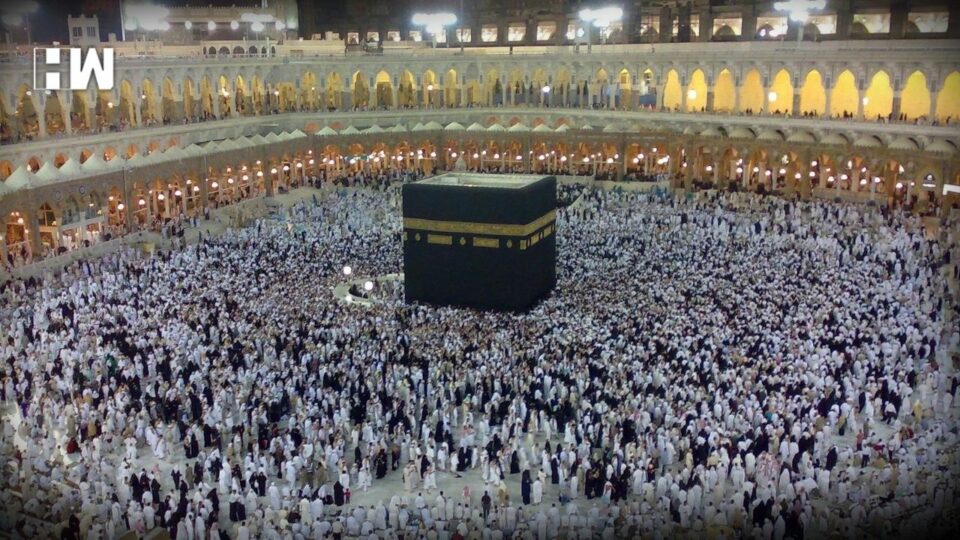Mumbai: Haj, which is 1 of the 5 pillars of Islam is at least once-in-a-lifetime duty for all the Muslims-physically and financially able to make the journey. This year’s Haj began on Thursday and ends on July 12. It is the first to allow foreign pilgrims to perform Haj after the outbreak of the Covid-19 Pandemic in 2020.
Saudi Arabia has said up to one million pilgrims, mostly from abroad, will attend the Haj season this year after two years of disruption caused by the COVID-19 pandemic during which the authorities allowed only Saudi residents to perform the Haj.
Before the pandemic, more than 2 million people traveled for Haj but in the past 2 years, the numbers went down due to COVID curbs, allowing only a few thousand local people to perform Haj with tight restrictions being observed due to the coronavirus outrage. Now after 2 years, people from all over the world being fully vaccinated with negative RT-PCR reports (within 72hrs from the time of departure) were approved by Saudi’s health ministry and were eligible and allowed to perform the Haj this year.
In 2019, the last season before the pandemic, some 2.6 million pilgrims visited Islam’s two holiest sites in Mecca and Medina, and some 19 million attended umrah, a minor pilgrimage that can be performed at any time throughout the year.
The ritual was almost scrapped in its entirety in 2020 when as few as 1,000 residents of Saudi Arabia were permitted to take part. Some 60,000 residents attended last year. The unprecedented restrictions sent shockwaves through the Muslim world and devastated many believers, who often save up and wait for years to make the pilgrimage.
Saudi Arabia announced on Friday its health services were running at full capacity to ensure the health and safety of the pilgrims during the ongoing Haj. Hence, pilgrims appeared to throw COVID-19 caution to the wind this year as they circled the Kaaba (the holiest shrine in Islam) at the center of the Grand Mosque’s courtyard, in sharp contrast to the social distancing and mask requirements of the past two years.
Haj is a duty, which takes the faithful along a path traversed by the Prophet Muhammed (S.A.W) some 1,400 years ago. Pilgrims spend five days carrying out a set of rituals intended to bring them closer to the Almighty.
As an independent media platform, we do not take advertisements from governments and corporate houses. It is you, our readers, who have supported us on our journey to do honest and unbiased journalism. Please contribute, so that we can continue to do the same in future.

